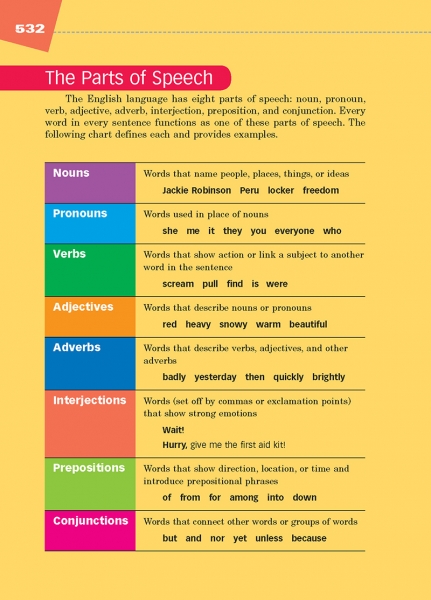What Is Pronoun Noun? | Indefinite pronouns are used when you need to refer to a person or thing that doesn't need to be specifically identified. Again, the distance can be physical or metaphorical. Don't tell me that you can't go with us. Courses for specific jobs · 20m+ students enrolled One way to test whether you need who or whomis to try substituting a personal pronoun.
Whom is trickier, though, because it usually comes beforethe verb or preposition that modifies it. But "myself" emphasizes that i personally built the house—i didn't hire someone else to do it for me. Aug 29, 2016 · pronoun is a word used instead or in lieu of a noun. In the following examples, the pronouns are italicized. The distinguishing characteristic of pronouns is that they can be substituted for other nouns.

A pronoun is a word that is used instead of a noun or noun phrase. Pronoun is a word or phrase that can be used to replace noun or noun phrase in a sentence. See full list on grammarly.com It's usually clear who the pronouns i, me, and yourefer to based on who is speaking. So coffee becomes it, barbara becomes she, jeremy becomes he, the team becomes they, and in a sentence, barbara drinks a cup of coffee every afternoon could become she drinks a cup of it every afternoon, or even she drinks it every afternoon, where the it would substitute the cup of coffee, not just the coffee. Interrogative pronouns are used in questions. Relative pronouns make up another class of pronouns. For instance, if you're telling a story about your sister sarah, the story will begin to sound repetitive if you keep repeating "sarah" over and over again. Intensive pronounslook the same as reflexive pronouns, but their purpose is different. Alison.com has been visited by 100k+ users in the past month The distance can be physical or metaphorical. Relative pronouns include that, what, which, who, and whom. Terry is taller than i am.
See full list on gingersoftware.com The distinguishing characteristic of pronouns is that they can be substituted for other nouns. Whom should i say is calling?should i say she/he. Interrogative pronouns are used in questions. The other personal pronouns are i and me, you, he and him, it, we and us, and they and them.

The absolute possessive pronouns are mine, yours, his, hers, ours, and theirs. Aug 29, 2016 · pronoun is a word used instead or in lieu of a noun. Some common indefinite pronouns are one, other, none, some, anybody, everybody, and no one. "a word that can function as a noun phrase used by itself and that refers either to the participants in the discourse (e.g. Common pronouns are he, she, you, me, i, we, us, this, them, that. Pronouns can be divided into numerous categories including: Pronouns make up a small subcategory of nouns. What are some commonly used pronouns? See full list on grammarly.com That is used for singular items that are far away. The distance can be physical or metaphorical. See full list on gingersoftware.com Courses for specific jobs · 20m+ students enrolled
When the pronoun is the object of a verb or preposition, the object form is the one you want. Nobodyindefinite pronoun examples in the following sentences are in bold for easy identification. See full list on gingersoftware.com A pronoun is a word that is used instead of a noun or noun phrase. They are used to connect relative clauses to independent clauses.

Terry is taller than i am. Whom is trickier, though, because it usually comes beforethe verb or preposition that modifies it. A pronoun can act as a subject, direct object, indirect object, object of the preposition, and more and takes the place of any person, place, animal or thing. Information technology, language, science, health, humanities Thoseis used for multiple items that are far away. Interrogative pronouns are used in questions. Think about ways to use the pronouns on this list in sentences, as this will increase your understanding. Pronoun is a word or phrase that can be used to replace noun or noun phrase in a sentence. See full list on grammarly.com I'm not sure which is worse: Find the place where the personal pronoun would normally go and see whether the subject or object form makes more sense. See full list on gingersoftware.com Myself, yourself, himself, herself, itself, ourselves, yourselves, themselves.
What Is Pronoun Noun?: Aug 29, 2016 · pronoun is a word used instead or in lieu of a noun.